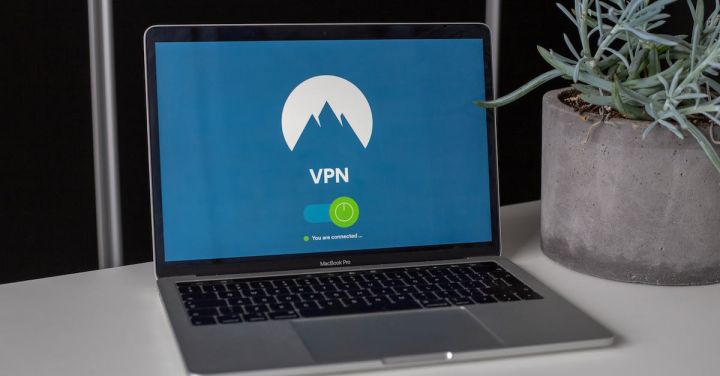What Are the Best Practices for Optimizing Mobile App Performance?
Mobile applications have become an integral part of our daily lives, helping us stay connected, entertained, and productive. However, with millions of apps available in app stores, competition is fierce, and users have high expectations when it comes to app performance. Therefore, it is crucial for app developers to optimize their applications to ensure a smooth and seamless user experience. In this article, we will explore the best practices for optimizing mobile app performance.
1. Minimize Network Requests
One of the most significant factors that can impact app performance is network requests. Each request adds latency, which can lead to slow loading times and frustrated users. To minimize network requests, consider combining multiple API calls into a single request or caching data locally to reduce the need for frequent server communication.
2. Optimize Image Assets
Images are often the largest files in a mobile app and can significantly impact performance. To optimize image assets, use compression techniques to reduce file size without sacrificing quality. Additionally, consider lazy loading images to load them only when they are visible on the screen, reducing the initial load time.
3. Implement Caching
Caching is a technique that stores frequently accessed data locally, reducing the need to fetch it from the server each time. By implementing caching, you can improve app performance by reducing network latency and providing a seamless user experience, even when the device has a poor internet connection.
4. Use Asynchronous Operations
To prevent the app from freezing or becoming unresponsive, it is essential to use asynchronous operations. These operations allow tasks to be executed in the background without blocking the main thread. By using asynchronous operations, you can ensure that the app remains responsive, providing a smoother user experience.
5. Optimize Database Queries
If your app uses a database, optimizing database queries is crucial for improving performance. Ensure that you are only retrieving the data you need and consider indexing frequently accessed columns to speed up query execution. Additionally, avoid performing complex calculations or data manipulations within the database query itself, as it can slow down the response time.
6. Remove Unused Code and Resources
Unused code and resources not only clutter the app but also increase its size and slow down performance. Regularly review your codebase and remove any unused code or resources to keep the app lean and efficient. This practice not only improves app performance but also makes it easier to maintain and update in the future.
7. Test on Different Devices and Networks
To ensure optimal performance across various devices and network conditions, it is crucial to test your app on different devices and networks. This will help identify any performance bottlenecks or compatibility issues that may arise. By testing on a range of devices and networks, you can optimize your app to provide a seamless experience for all users.
In conclusion, optimizing mobile app performance is crucial for providing a seamless user experience and staying ahead of the competition. By following these best practices, such as minimizing network requests, optimizing image assets, implementing caching, using asynchronous operations, optimizing database queries, removing unused code and resources, and testing on different devices and networks, app developers can ensure that their apps perform well and meet user expectations. So, implement these practices in your app development process and deliver high-performing mobile applications that users will love.






